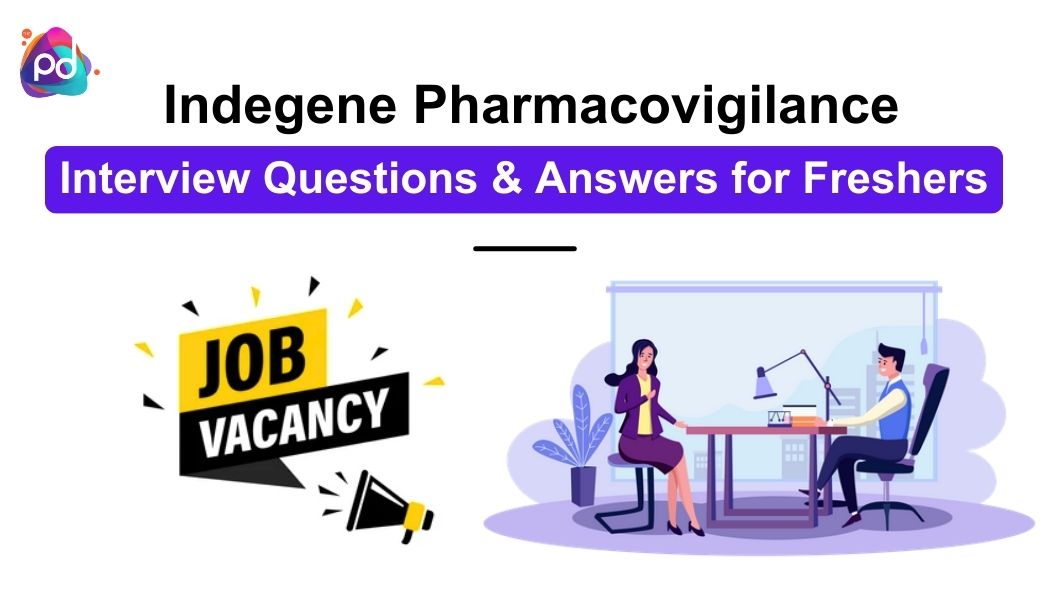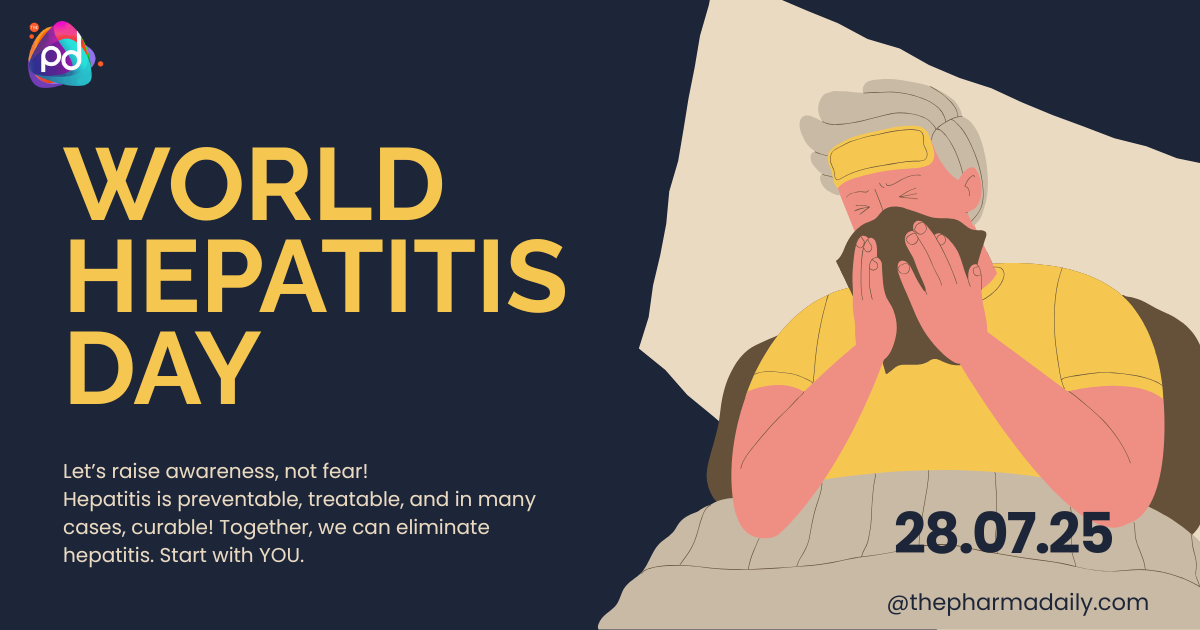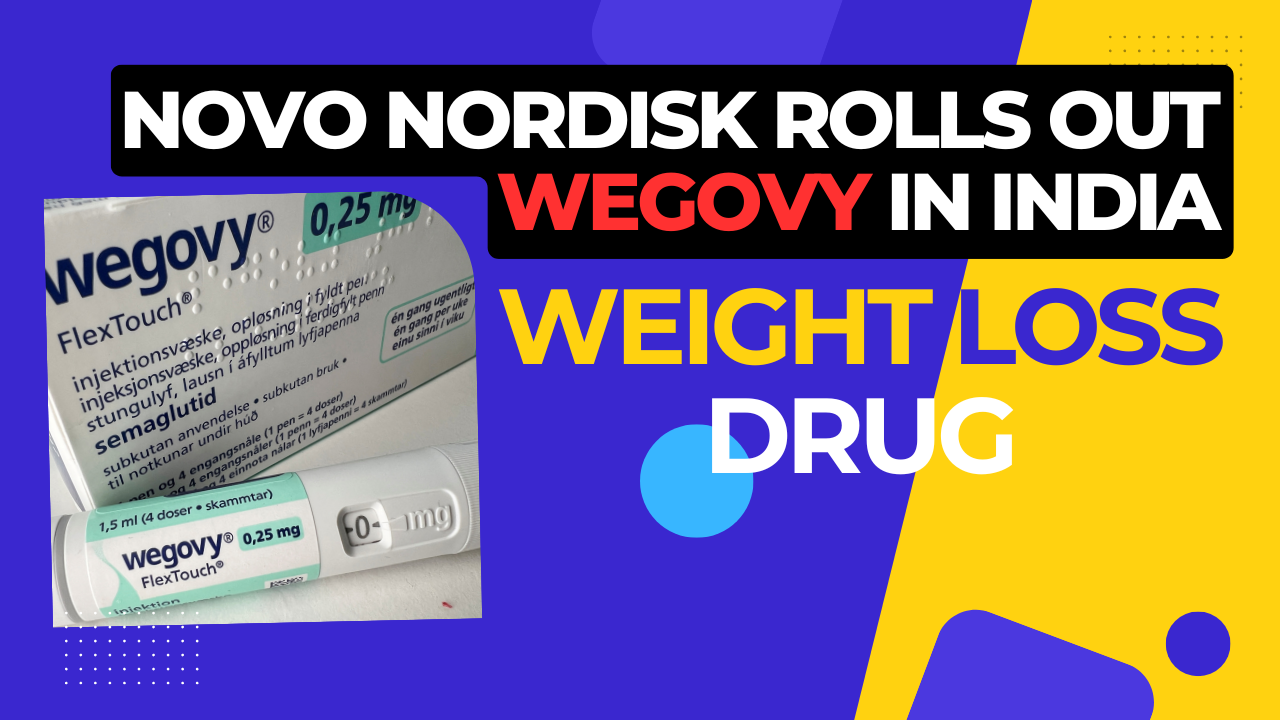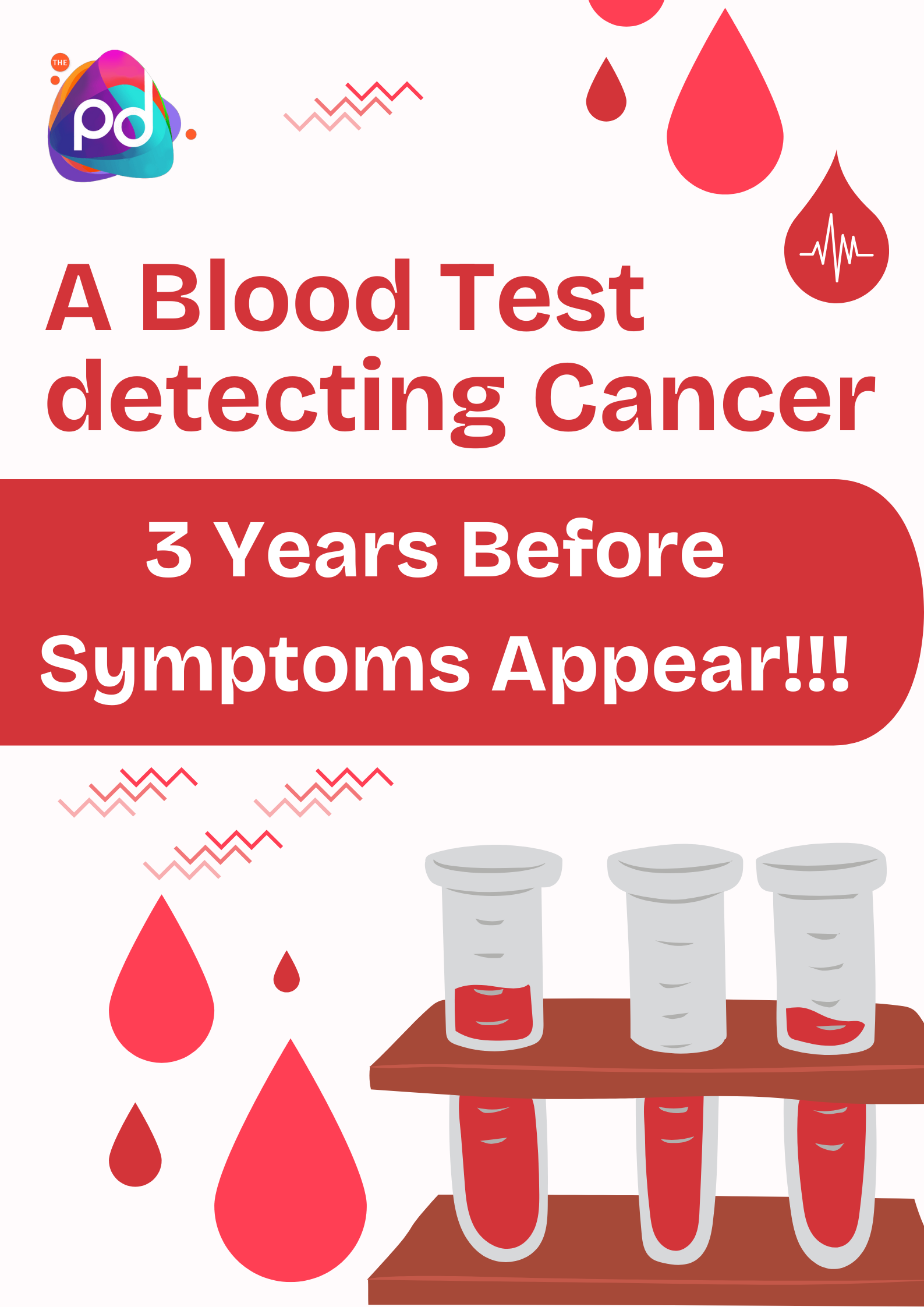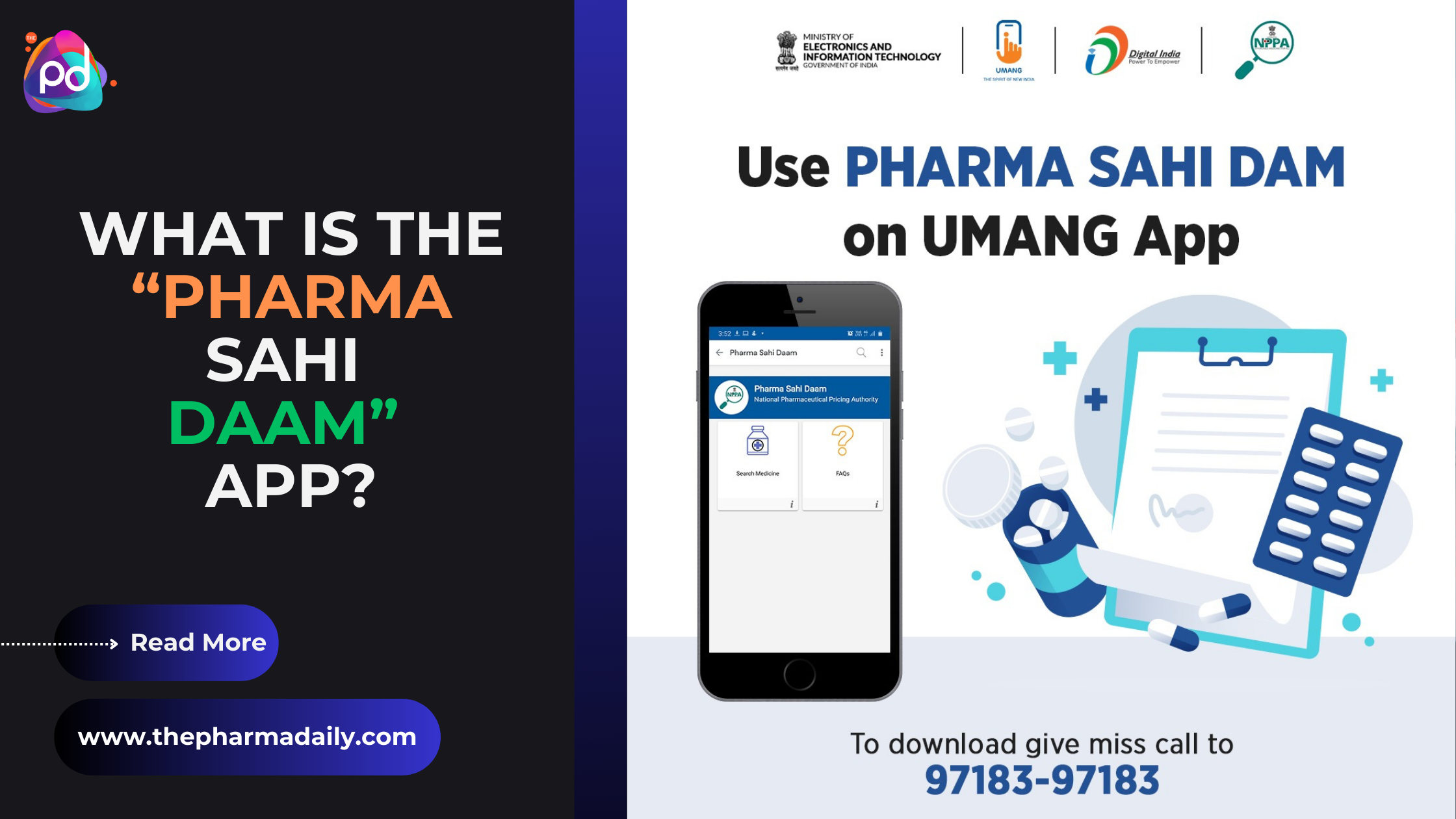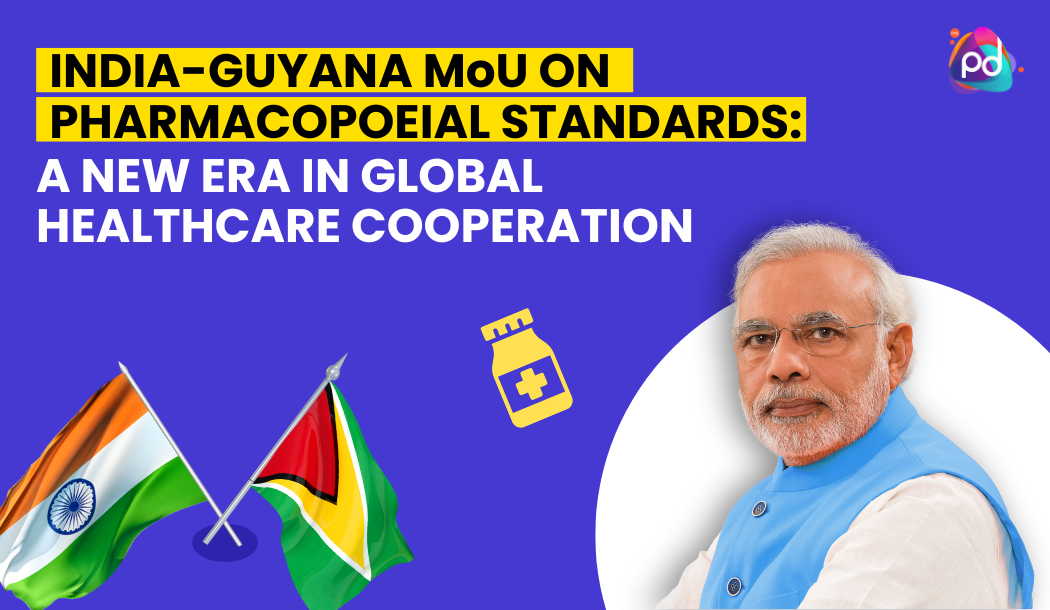World Hepatitis Day 2025 – Let’s Break It Down
Indegene Pharmacovigilance Interview Questions and Answers for Freshers
Embarking on a career in pharmacovigilance with Indegene offers a promising path to those fascinated by the blend of healthcare and technology. To help freshers prepare for their interviews, we've compiled a list of 10 basic questions along with insightful answers. This guide aims not only to prepare you for what's ahead but also to imbue confidence as you step into the realm of pharmacovigilance. 🌟
1. What is Pharmacovigilance (PV)? 📚
Answer: Pharmacovigilance is the science and activities related to detecting, assessing, understanding, and preventing adverse effects or any other drug-related problem. It is crucial for ensuring the safety and efficacy of medicines, thereby protecting patients from potential harms associated with pharmaceutical products.
2. What is an Adverse Drug Reaction (ADR)? 🚑
Answer: An Adverse Drug Reaction is a harmful or unintended response to a medication which occurs at doses normally used in humans for the prophylaxis, diagnosis, or therapy of disease, or for the modification of physiological function. Identifying ADRs is a key component of pharmacovigilance to ensure drug safety.
3. What is a Drug Safety Report and what does it typically contain? 📄
Answer: A Drug Safety Report, often known as an Individual Case Safety Report (ICSR), is a document that contains all the information related to an adverse event experienced by a patient. It typically includes patient details, drug information, description of the adverse event, and the reporter's contact information for follow-up.
4. How do you stay updated with the latest guidelines in pharmacovigilance? 🌐
Answer: Staying updated is crucial in pharmacovigilance. I regularly follow authoritative websites like the FDA, EMA, and WHO, subscribe to newsletters from regulatory agencies, and participate in pharmacovigilance forums and webinars. This continuous learning approach helps me stay informed about the latest guidelines and best practices.
5. Explain the difference between passive and active pharmacovigilance. 🕵️♂️🔍
Answer: Passive pharmacovigilance involves collecting reports of adverse events mainly through spontaneous reporting by healthcare professionals or patients. Active pharmacovigilance, on the other hand, proactively seeks out information on the safety of drugs through organized studies and surveillance programs, rather than waiting for reports to come in.
6. What role does data analysis play in pharmacovigilance? 💻
Answer: Data analysis in pharmacovigilance is pivotal for identifying new adverse drug reactions, determining the frequency of known side effects, and assessing risk factors. By analyzing data from various sources, pharmacovigilance professionals can generate insights that lead to safer drug use.
7. How would you handle a situation where you receive an incomplete adverse event report? 🧐
Answer: In cases of incomplete reports, I would prioritize obtaining the missing information by contacting the reporter directly, if possible. It's crucial to gather as much relevant data as possible to assess the adverse event accurately and take appropriate action.
8. What is the significance of the Yellow Card Scheme? 🟡
Answer: The Yellow Card Scheme is a safety monitoring system in the UK that allows healthcare professionals and patients to report suspected side effects or adverse drug reactions. It's a vital tool for the MHRA (Medicines and Healthcare products Regulatory Agency) to monitor the safety of healthcare products and protect public health.
9. Describe a challenge you foresee in the field of pharmacovigilance and how you would address it. 🚧
Answer: One challenge is the underreporting of adverse drug reactions, which can lead to incomplete safety profiles of drugs. To address this, I would advocate for increased awareness and education on the importance of reporting among healthcare professionals and patients, and support the implementation of easier reporting methods.
10. Why are you interested in a pharmacovigilance role at Indegene? 💼
Answer: I am drawn to Indegene's innovative approach to integrating technology with healthcare. I believe that my background, coupled with my keen interest in drug safety, aligns well with Indegene's mission to improve patient care. Working in such a dynamic environment would offer me the opportunity to contribute to the advancement of pharmacovigilance practices and patient safety.

